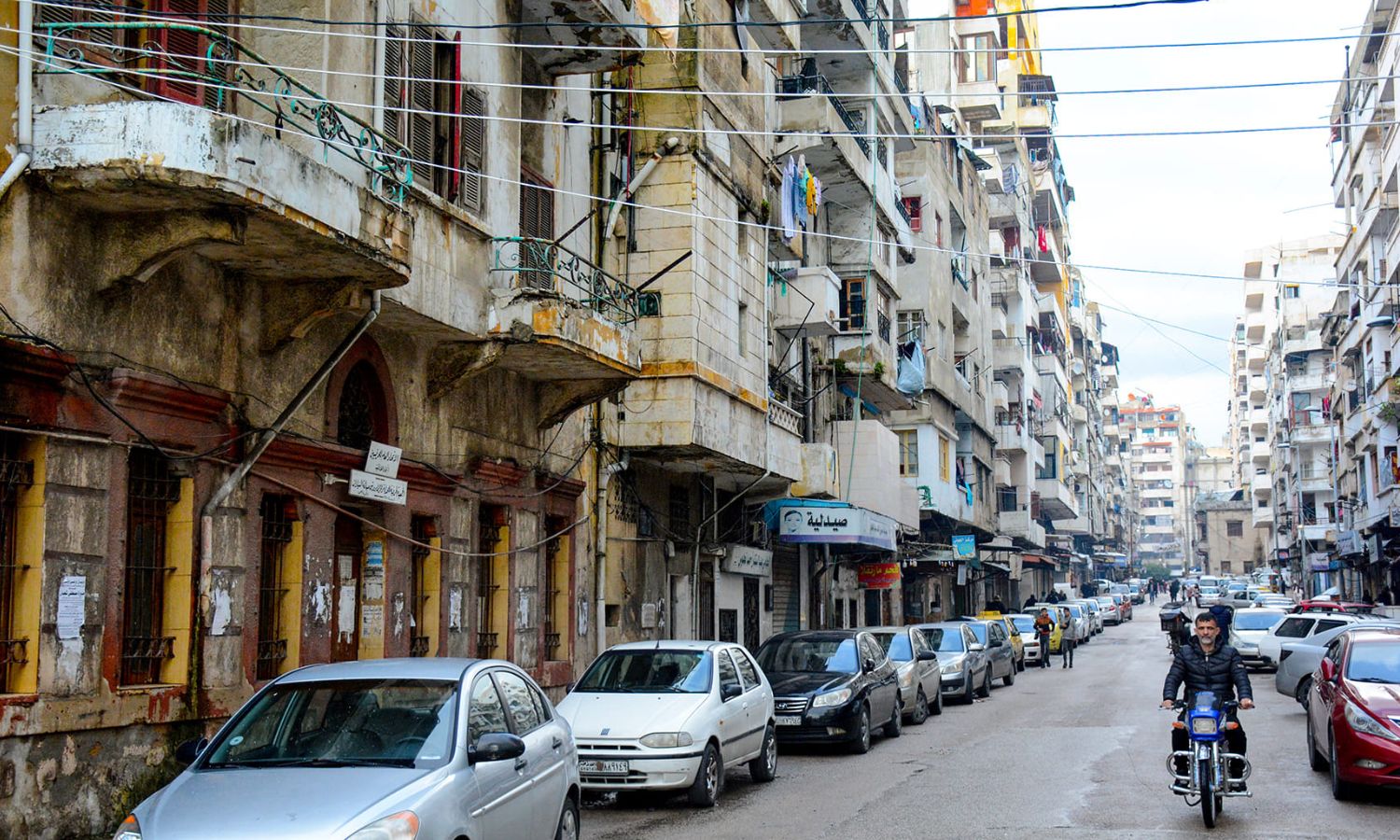Residents of Latakia pay phone and internet bills without access to either service – Enab Baladi
Latakia – Linda Ali
Telecommunications services are absent from many villages in Latakia and Tartus governorates after landline phones were transferred to optical assemblies in 2018. Internet and communication services are only available when electricity is on and for no more than an hour according to the prevailing rationing system, while they are absent for up to five hours at a time during outages.
In the village of al-Rihaniyah in rural Tartus, all the demands of the residents to solve the problem and install a solar power system for optical assemblies have failed.
Manhal (27 years old), who resides in al-Rihaniyah and works remotely for a Gulf company, said that this matter costs him exorbitant bills for the Syriatel telecommunications company amounting to more than 200 thousand pounds per month, while if the ADSL service was available round the clock, he would pay less than 25 thousand pounds per month.
Maysoun (37 years old) from the village of Blouza in rural Banias, in turn, pays phone and internet bills for years without receiving the services except for limited times not exceeding four hours a day, due to the conversion of their village’s phone line to optical assemblies.
The lady faces two choices, both of which she said are bitter: either she stops paying the bills and thus loses her landline or continues to pay in the hope of installing a solar power system for the optical assembly soon, which she has been waiting for more than five years.
Thousands of residents in the Syrian coast suffer from this problem, as do several other governorates like Hama and Homs. Despite government directives urging people to install solar power systems, government institutions have not adopted them.
The situation is no better in Latakia. The first quarter of this year saw the installation of several solar power systems for some optical assembly centers, leaving many of them outside the Telecom Company’s plan for the governorate, such as the Saqobin suburb in the city and the village of al-Jadida in rural Qardaha.
In addition to the absence of internet and landline telephone services, the poor coverage of mobile phone networks stands out, making it extremely difficult for residents to make a call or connect to the internet, as stated by Haifa (22 years old), an architecture student at Tishreen University.
Haifa added that the problem is old, and she has to stay at her friend’s house in the city of Jableh when she needs to use the internet for her projects or to follow her lessons.
In Saqobin as well, the situation is similar, although there is slight improvement in mobile network coverage compared to al-Jadida village, but it remains poor and below the required level, according to Raid (32 years old), who works in online teaching.
Raid’s work requires good internet; therefore, he ensures to go to an internet cafe to continue his work, often suffering from a lack of privacy, which is quite embarrassing for him.
In Sanjwan, adjacent to the Saqobin suburb, a solar power system was installed, solving the internet outage during electricity rationing, but the problem persists and depends on strong sunlight, as the service often disappears at night, waiting for the sunrise again. This is believed by Haya (29 years old), a telecommunications engineer, to be due to the poor quality of the batteries.
Internet and telecommunications services, whether mobile or landline, are very poor in most areas of Syria, despite the continuous increase in service fees.


